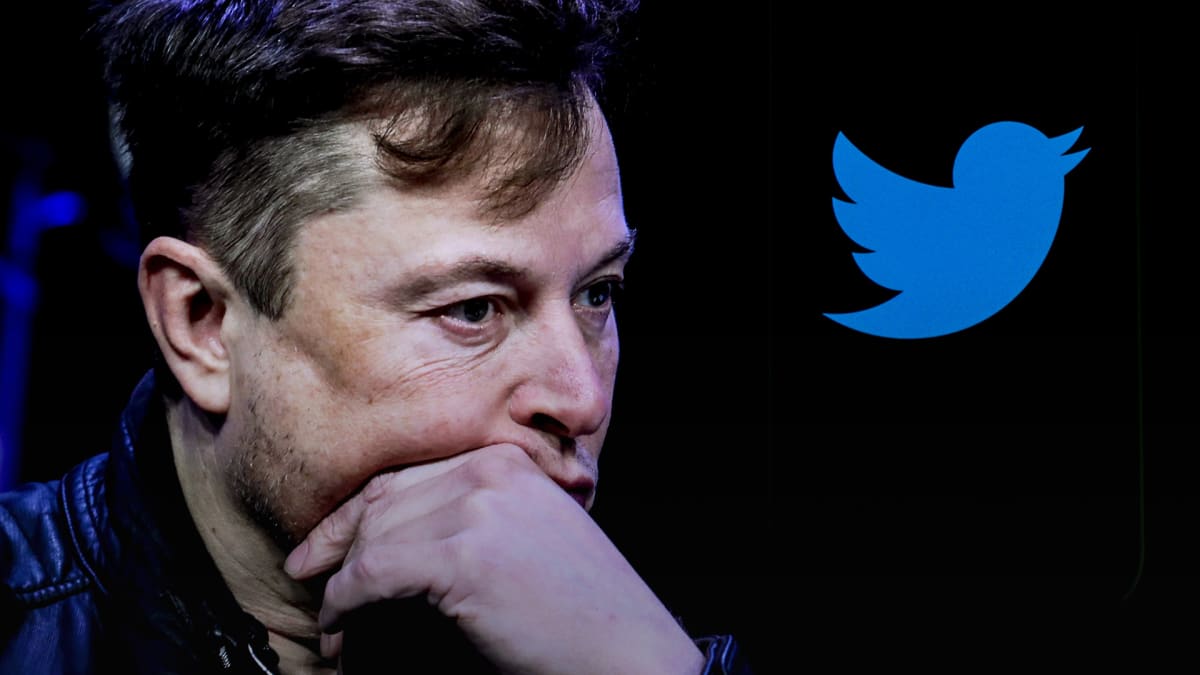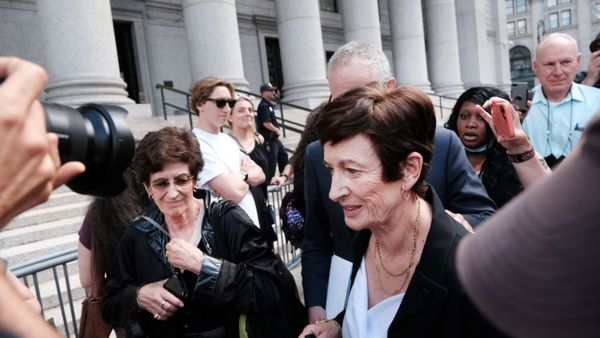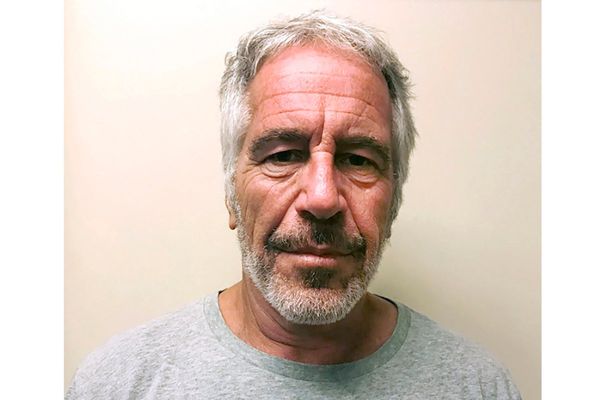
Elon Musk has never hidden his disdain for the former Twitter executives.
Within hours of completing his $44 billion acquisition of the microblogging platform on Oct. 27, one of his first major decisions was to fire Chief Executive Parag Agrawal and his lieutenants.
For the CEO of Tesla, (TSLA) Agrawal and the leaders of Twitter 1.0 had turned the platform into a social network dominated by progressive ideologies he considered woke, like environment-social-corporate governance policy and gender identity.
In doing so, according to Musk, they muzzled conservative voices by banning right-wing accounts on the pretext that they violated the platform's content-management policy.
"Given that Twitter serves as the de facto public town square, failing to adhere to free speech principles fundamentally undermines democracy. What should be done?" he wrote on March 26.
Publication of the Twitter Files
A few days later the tech mogul decided to acquire Twitter and make it a bastion of free speech, of which he calls himself an absolutist defender.
He also seems to be organizing some kind of vendetta against former Twitter executives. His idea seems to be to expose what he considers their anti-conservative bias. This attack was demonstrated by the Twitter Files, whose purpose for Musk was to show that the platform's leaders and Joe Biden's campaign had colluded during the 2020 presidential election.
The Twitter Files are a series of media reports based on Twitter documents that Musk provided to several journalists after he took over the platform.
"What really happened with the Hunter Biden story suppression by Twitter will be published on Twitter at 5pm ET!" he wrote on Dec. 2.
The publication of the Twitter Files led Republicans, who hold the majority in the House of Representatives, to organize a Feb. 8 hearing involving former Twitter executives.
Anika Collier Navaroli, a former Twitter executive, James Baker, Twitter's former deputy general counsel, Yoel Roth, Twitter's former head of trust and safety, and Vijaya Gadde, former chief legal officer of Twitter, were to answer accusations that the platform tried to silence conservative voices.
"Twitter aggressively suppressed conservative elected officials, journalists and activists,” said Rep. James R. Comer (R-Kentucky), chairman of the oversight panel.
'The Woke Stasi'
The hearing, which lasted an hour, turned quickly to the way that Twitter had blocked the sharing of a New York Post article on Hunter Biden's activities in Ukraine.
This story appeared during the 2020 election campaign pitting his father, Joe Biden, against incumbent President Donald J. Trump.
Twitter Co-Founder and former CEO Jack Dorsey has already admitted to Congress that the decision to block the article was a mistake.
This was reiterated by the four former executives on Feb. 8. They explained that the decision was prompted by the fact that the firm had received warnings from the FBI about possible Russian disinformation such as during the 2016 election campaign.
They said they'd received no pressure from Joe Biden's campaign to block the article.
"I am aware of no unlawful collusion with, or direction from, any government agency or political campaign on how Twitter should have handled the Hunter Biden laptop situation,” testified Baker.
Navaroli, on the other hand, said Twitter in 2019 received pressure from the Trump White House to remove a tweet from the model Chrissy Teigen insulting the former president in vulgar terms.
Musk, who seems to have followed the hearing, seemed delighted to see the former executives being grilled by the lawmakers. He took the opportunity to find them a nickname. He compared them to no less than the Stasi.
"The Woke Stasi felt the heat today 🔥," the billionaire commented on Feb.8.
He then added a tweet relating to the Wikipedia page of the movie "The Lives of Others," which depicts the surveillance of residents of the former East Germany by Stasi agents.
"I recently went to the stasi museum in Berlin and found it interesting that they called themselves antifascist at the beginning," commented a Twitter user.
"Exactly," Musk responded.
The Stasi was the political police and the espionage and counterintelligence service of East Germany, the German Democratic Republic, created in 1949. It was closed in 1990 when Germany was unified.
The Stasi's main purpose was to spy on the East German population, suppress political opposition and monitor evangelical churches and other religious organizations. A sprawling and feared bureaucracy, it was nonetheless unable to prevent the fall of the Berlin Wall.







